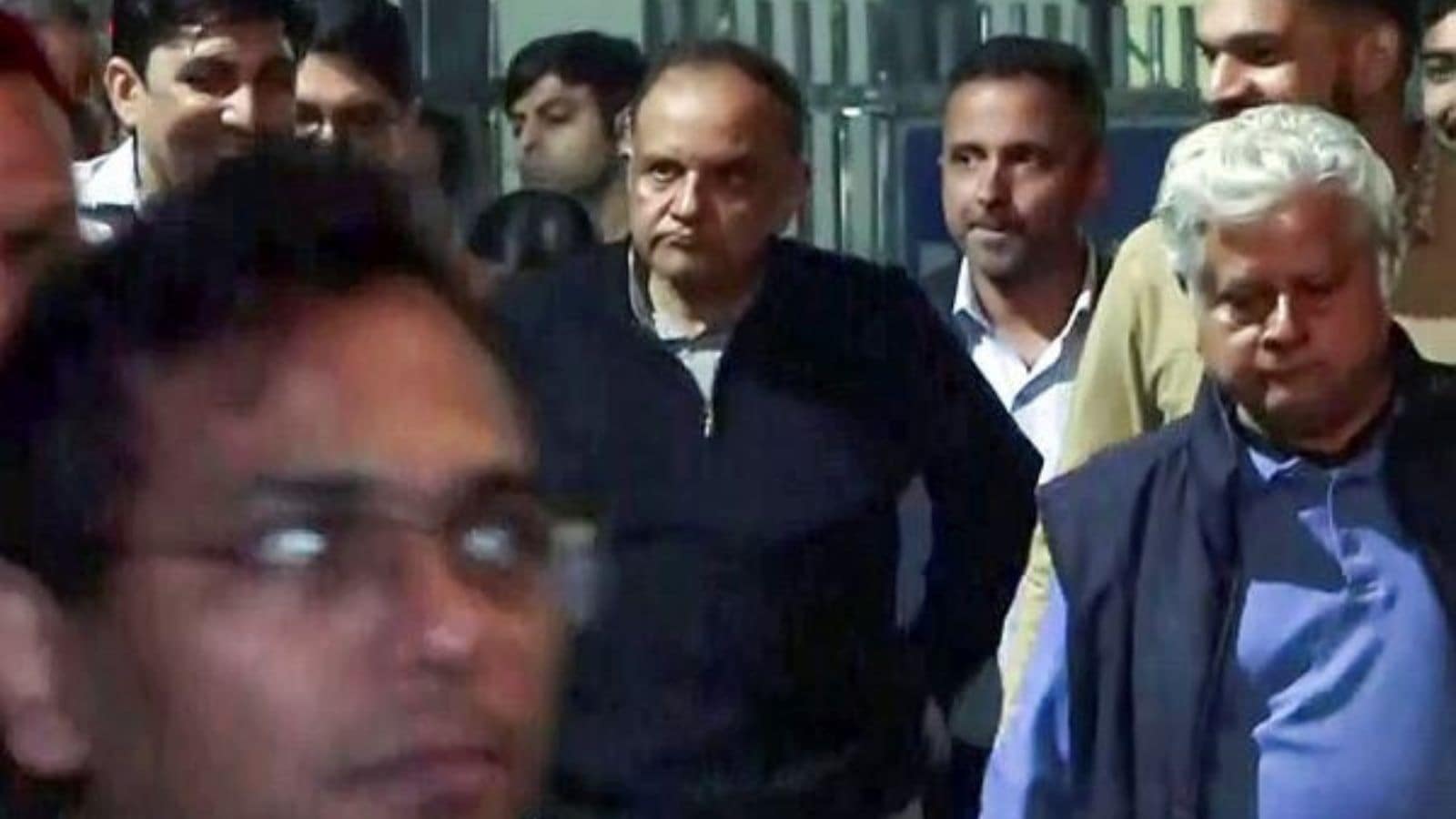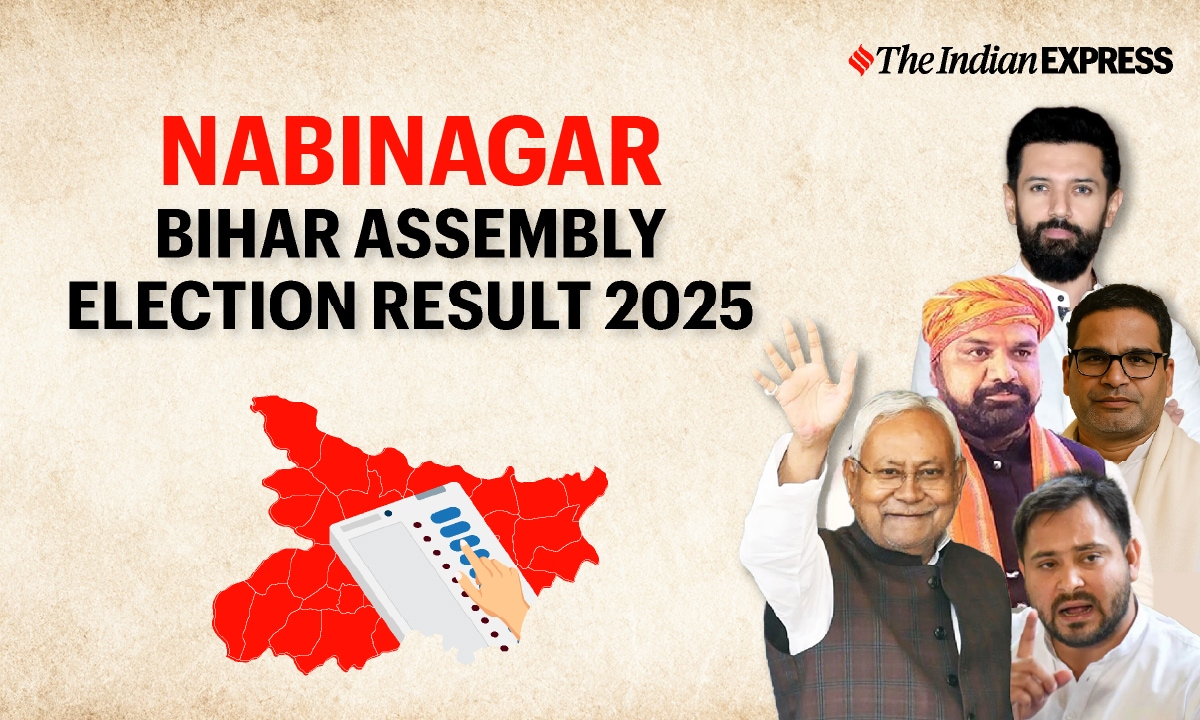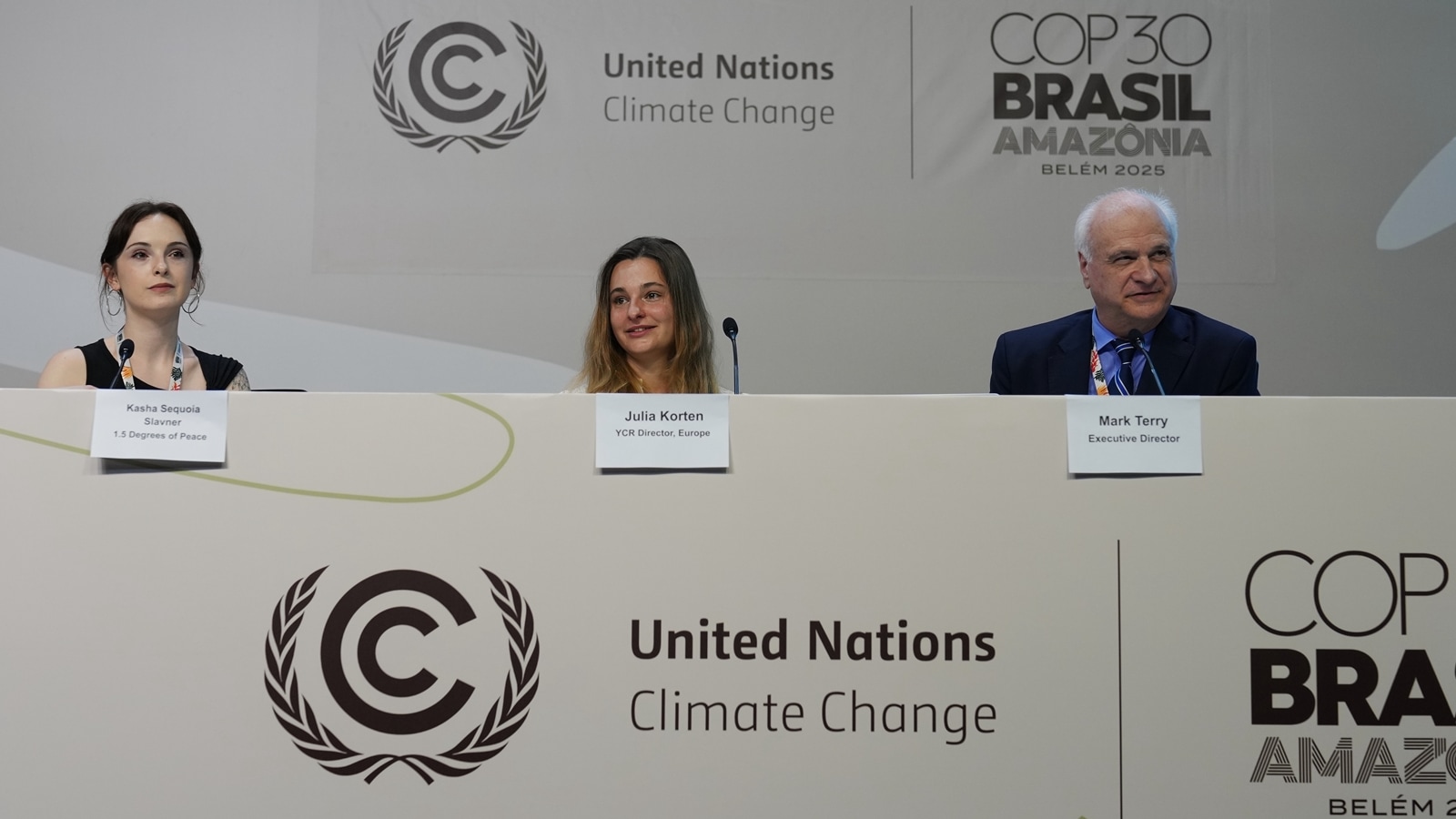Stressing that the lack of adequate climate finance remains the biggest stumbling block to strengthening global climate action, India on Tuesday called again for full implementation of a key financing provision in the Paris Agreement that has been ignored by developed countries.
In two separate statements made on behalf of the Core Group of Countries (Brazil, South Africa, India and China) and the Group of Like-Minded Developing Countries (LMDCs) at the COP30 climate meeting in Belém, Brazil, India stressed the need to agree on a clear and globally accepted definition of climate finance, and called for increased financial flows for adaptation.
Importantly, it also called for Article 9.1 of the Paris Agreement, which stipulates that developed countries “shall provide financial resources” to developing countries, to be fully implemented. This request, on behalf of a large number of developing countries, came only one day after Brazil succeeded in convincing these countries not to press for this issue to be included in the official agenda of the conference. Article 9.1 has emerged as one of the key issues for developing countries in the past few months. These countries have confirmed that the comprehensive financing agreement reached in Baku, Azerbaijan, last year ignored this provision of the Paris Agreement.
The Paris Agreement imposes an obligation on developed countries to “provide” financing (Article 9.1) as well as “take the lead in mobilizing climate finance” (Article 9.3). In the financing agreement reached in Baku last year, developed countries agreed to collectively mobilize $300 billion annually from 2035. But developing countries were demanding $1.3 trillion annually, and were deeply disappointed and angry about the agreement.
As the thirtieth session of the Conference of the Parties approached, these countries attempted to include discussion on Article 9.1 on the official agenda. However, host Brazil, which holds the presidency of the conference, was able to convince these countries to remove this proposal, as well as a few other controversial proposals, from the provisional agenda, fearing that this would lead to confrontations and delay the adoption of the official agenda.
Brazil said it would create other spaces at the conference to raise these issues, and offered to hold a special evaluation session on Wednesday where all these issues could be discussed in detail.
Another issue, which India is keenly interested in, is the discussion of unilateral trade restrictions such as the European Union’s Carbon Border Adjustment Mechanism which seeks to impose additional tariffs on imported goods whose production has a higher carbon footprint than what is permitted to European manufacturers of the same goods. India, China and many countries have described these measures as discriminatory and in violation of international trade laws.
(tags for translation)Indian Climate Finance












